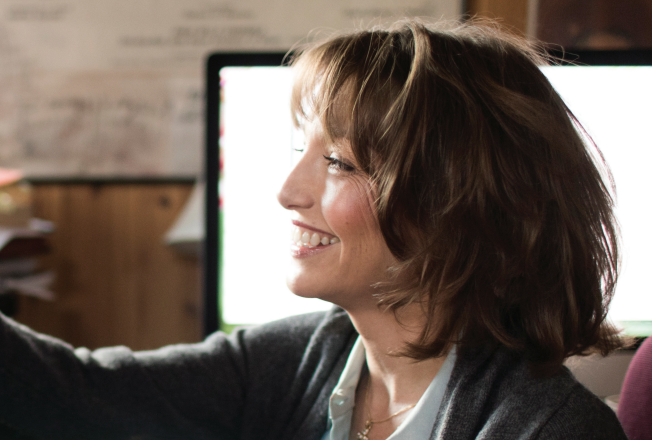Roxanna Panufnik is one of the most prominent and prolific contributors to the modern English choral tradition. Since her reputation was established in 1998 with her Westminster Mass (commissioned by the American-British philanthropist John Studzinski for the seventy-fifth birthday of Cardinal Basil Hume), she has written a large body of work for choirs of all abilities that is noted for its emotional directness, harmonic piquancy and clarity of word-setting.
Her work encompasses multiple languages and musical traditions, from the Estonian poetry used in her Tallinn Mass (2011) to the comic setting of Wendy Cope in Two Poems by Wendy (2010) and the Zen-inspired Wild Ways (2007), which includes a Japanese shakuhachi flute alongside a double chorus. Panufnik explains her devotion to choral music quite simply: as a teen, she loved singing in choirs, ‘so I wrote a lot for them’. Today, and as a Patron of the Diamond Fund for Choristers, she hopes to give other children the same opportunity.
Nor is her oeuvre confined to the choir: Panufnik has written three operas (two – Silver Birch (2015–16) and Dalia (2020–21) – with the author and critic Jessica Duchen) as well as many major instrumental works. It is in these in particular that she exercises her wide-ranging interest in world music, which she uses not as a means of exotic colour, but as a basis for seeking communion between faiths and cultures.
Her concerto for Tasmin Little, Four World Seasons (2007–11) incorporates music from Albania, Tibet, Japan and India to evoke the four seasons from autumn to summer, while both her violin concerto Abraham (2004) and Songs of Darkness, Dreams of Light (2018) for chorus and orchestra, written for the BBC Last Night of the Proms, join themes from the three Abrahamic religions to, as she puts it, ‘shout from the rooftops the beauty of these different faiths’ music’.
Written by Tim Rutherford-Johnson.




